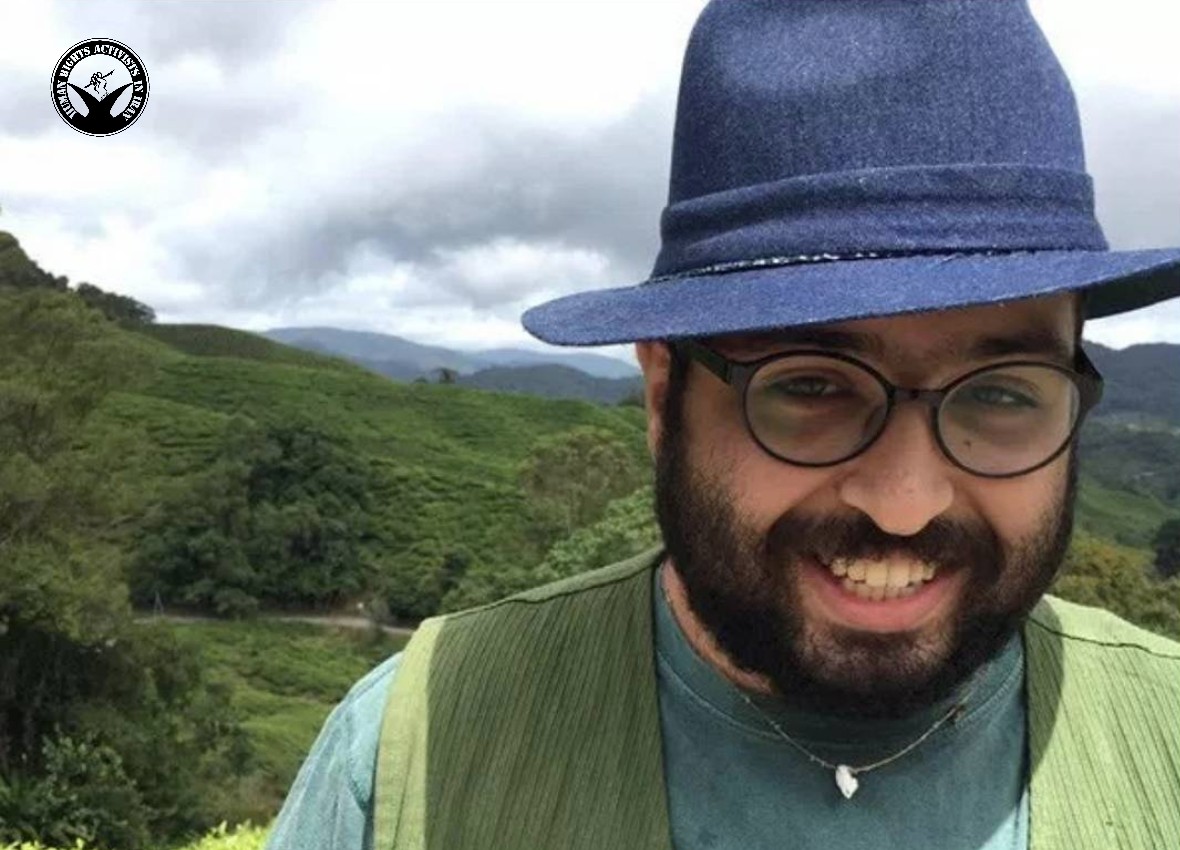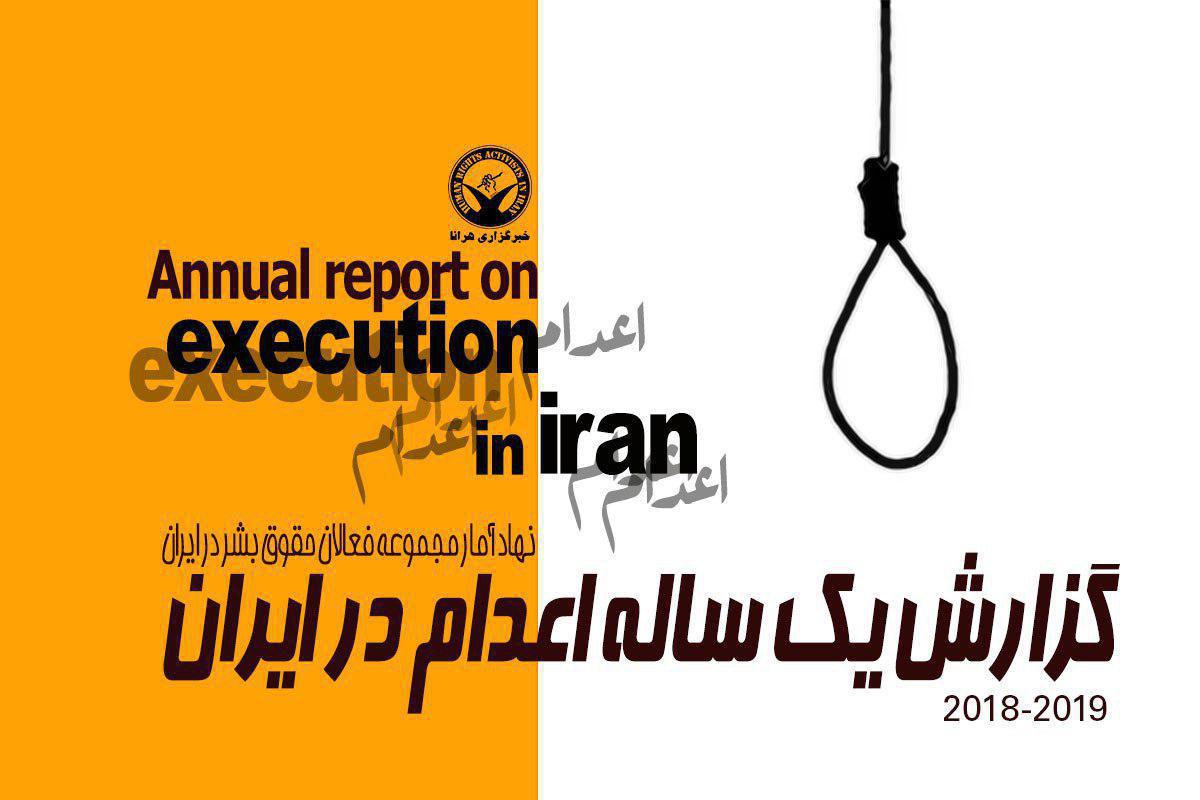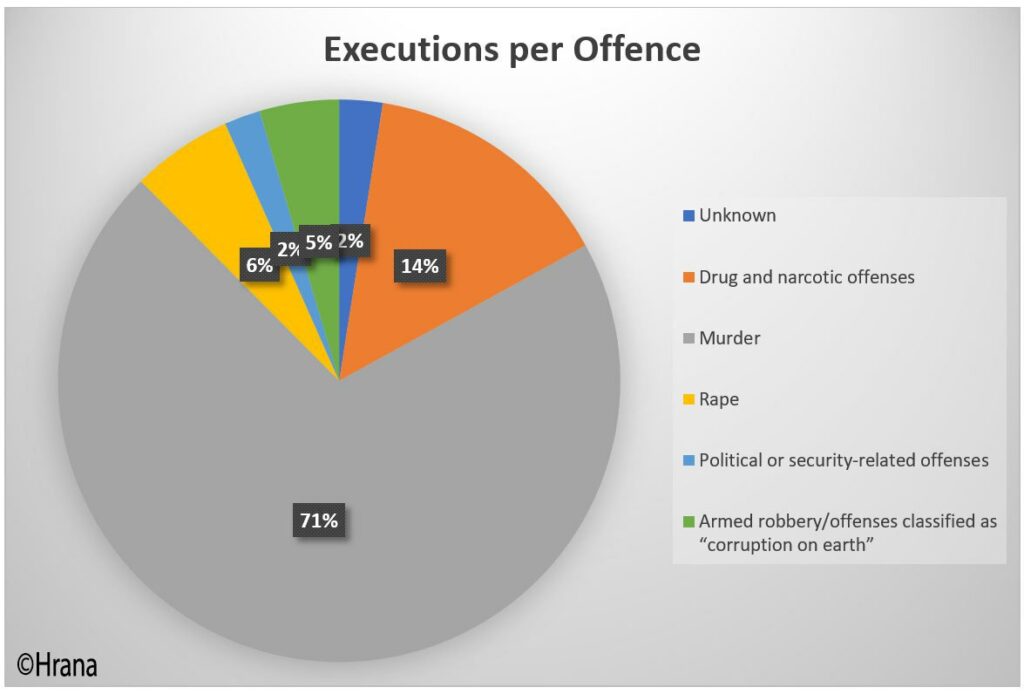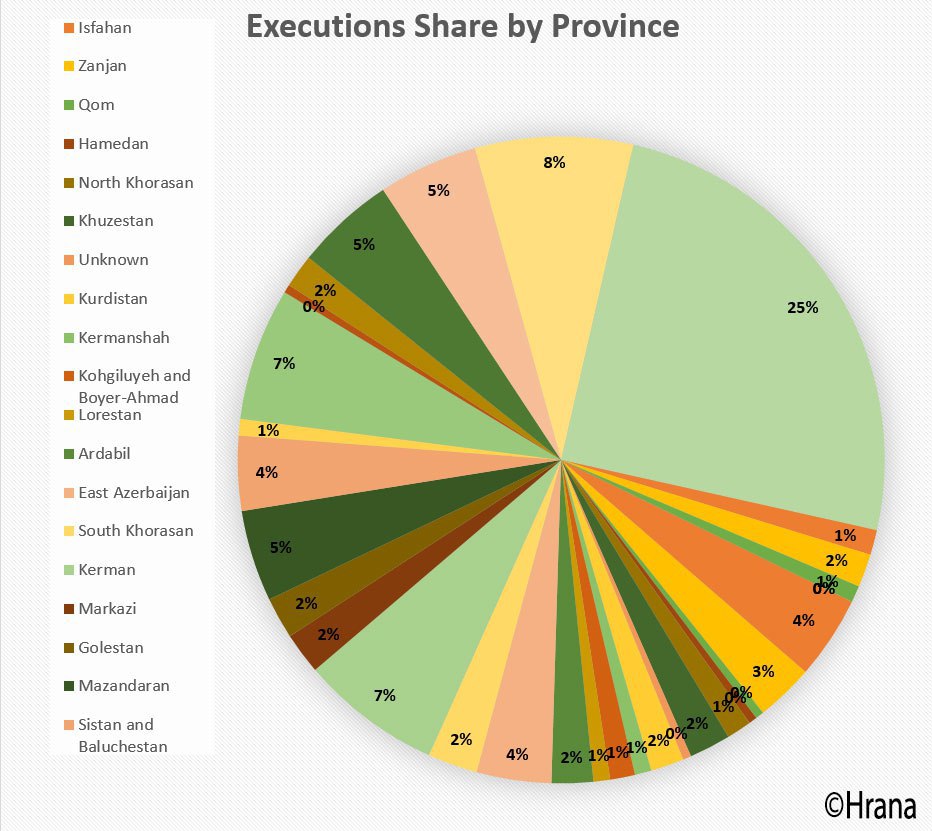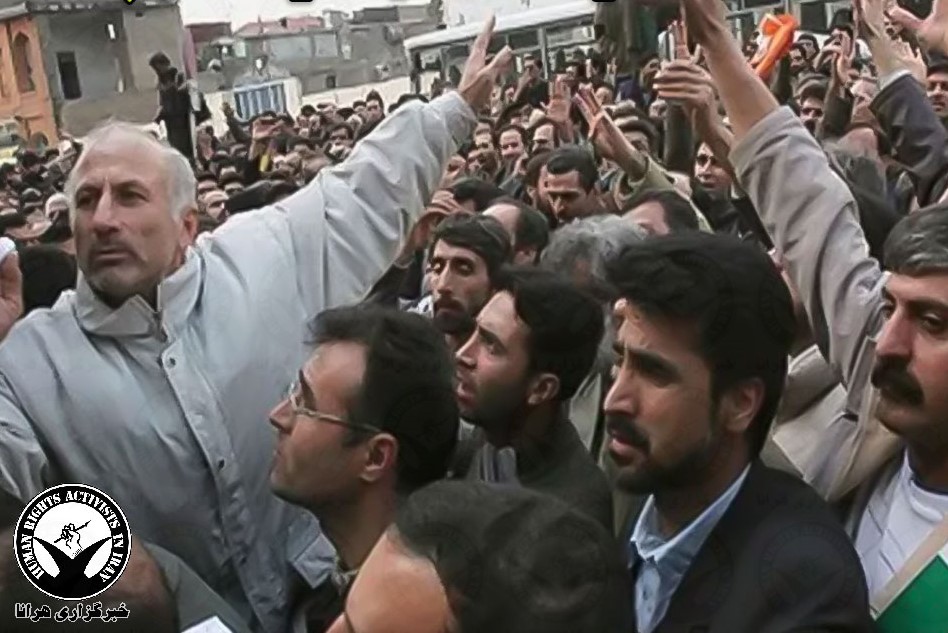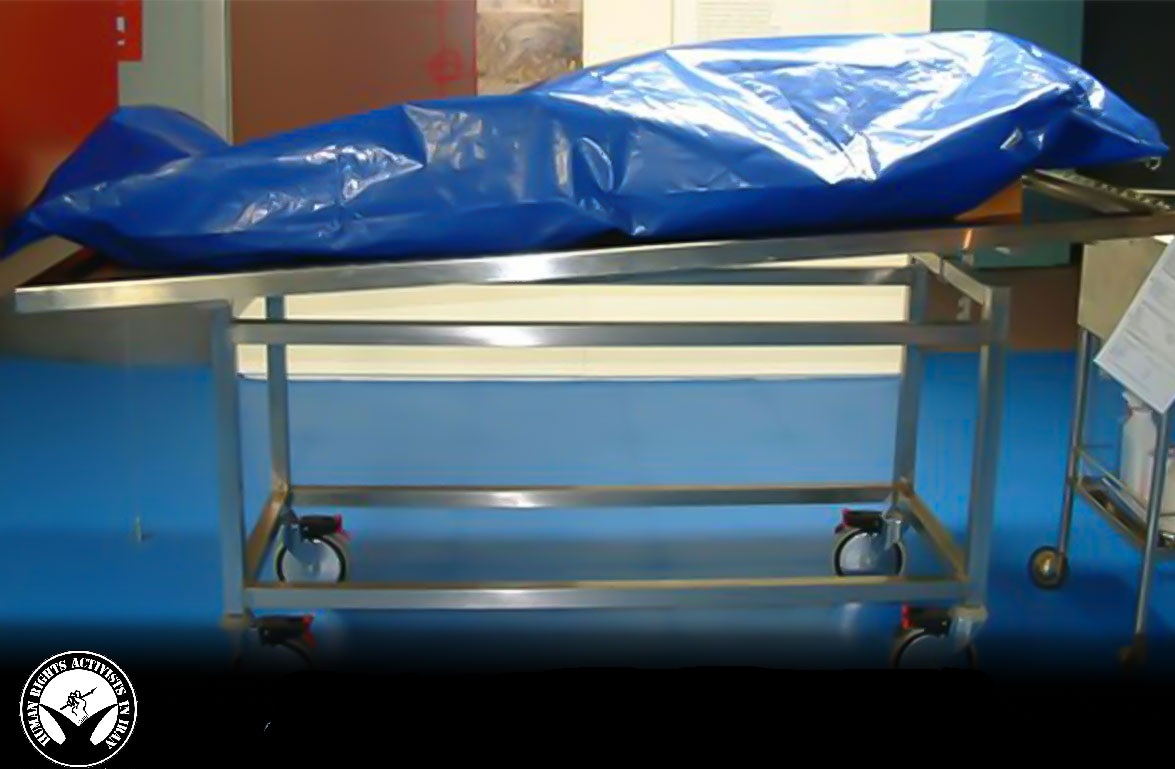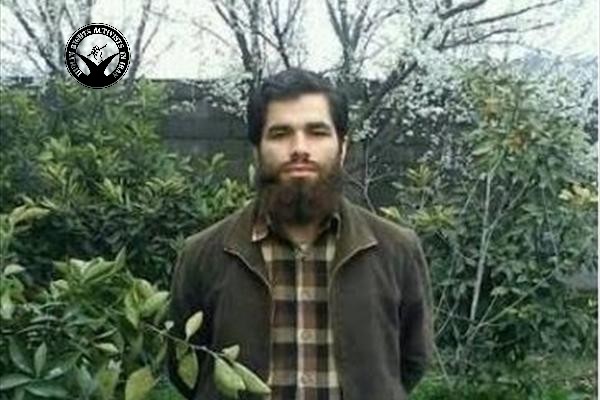On October 13, 2019, appeals court upheld Kiumars Marzban’s sentence of 23 years and nine months imprisonment. On August 24, 2019, Kiumars Marzban, a detained 26-year-old writer and satirist, was sentenced to 23 years and nine months in prison by the preliminary court in Tehran. Based on the Article 134 of Iran’s Islamic Penal Code, the charge with the highest penalty will be considered; this means that Kiumars Marzban should serve 11 years in prison.
His lawyer, Mohammad Hossein Aghasi, confirmed the appeals court’s verdict and added that the appeals court hearing was convened without Marzban or his lawyer presence and without hearing his defense. Aghasi said: “We did not receive any response to our appeal statement. For instance, he was charged with “cooperating with a hostile state” while even Iranian authorities consider the organization that he wrote for as a nonprofit organization.”
Kiumars Marzban began his career making short films. He directed eight short film between 2005-2009. He left Iran in 2010 and while living in Malaysia, he hosted a comedy podcast called “Sangtab Radio”. He published few books such as short stories titled “kham bodam, pokhteh shodam, balk eh pasandideh shodam” (I was Raw, I Became Ripe and Pleasant) and “aziz jan” (My Dear).
Kioomars Marzban returned to Iran in 2017. On August 26, 2018, Islamic Revolutionary Guards Corps officers raided Marzban’s residence, arrested him, and confiscated his several personal items included laptop and cellphone. He is a prisoner at Evin Prison for a year now. His trial was scheduled for March 3, 2020 but it was held in late July 2019 at the Branch 15 of the Revolutionary Court. He was sentenced to 11 years imprisonment for “cooperating with a hostile state”, seven years and six months in prison for blasphemy, a year and half imprisonment for “propaganda against the state”, three years in prison for “insulting the Supreme Leader and the Founder of the Revolution”, and nine months imprisonment for “insulting authorities”.



